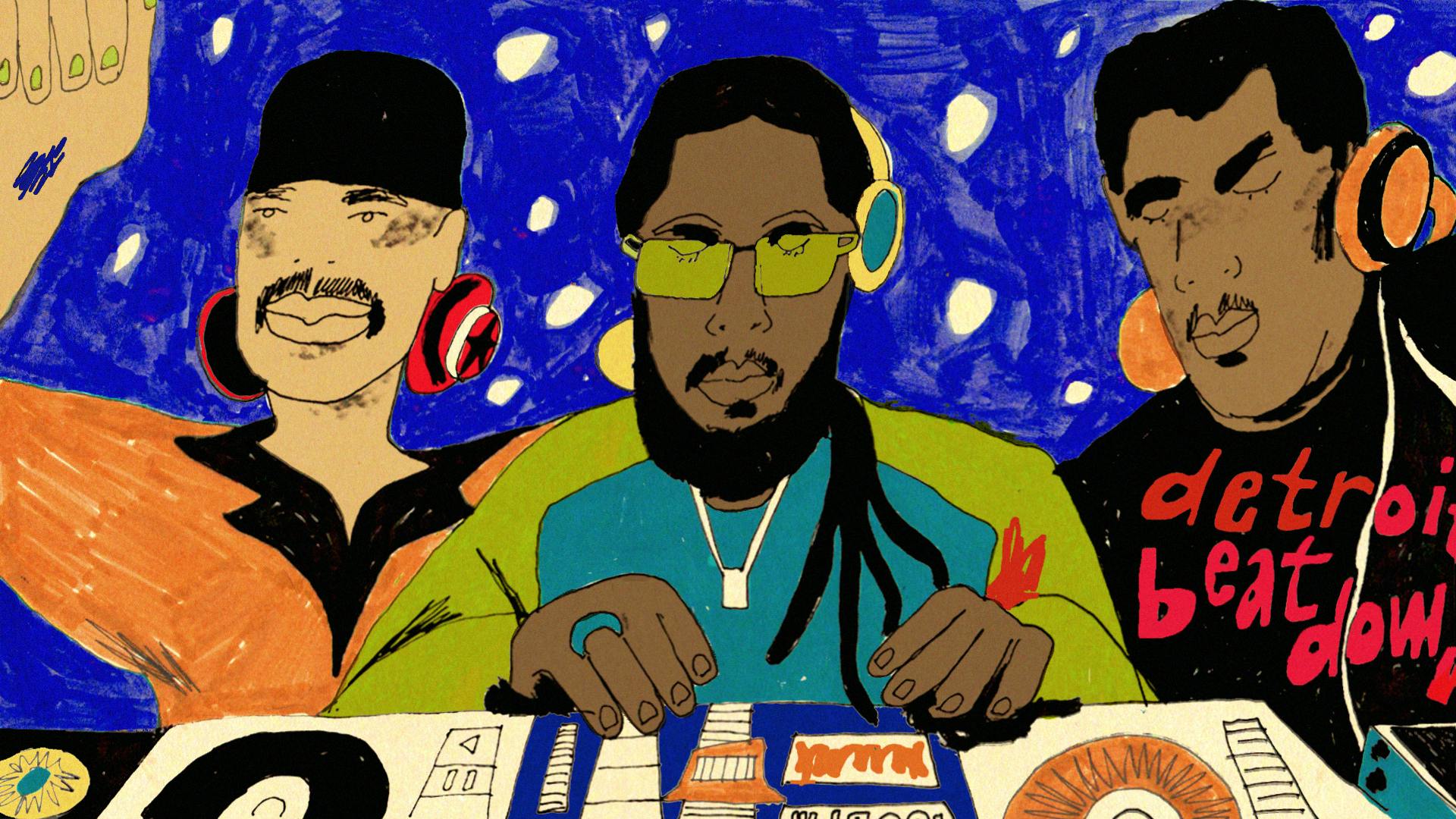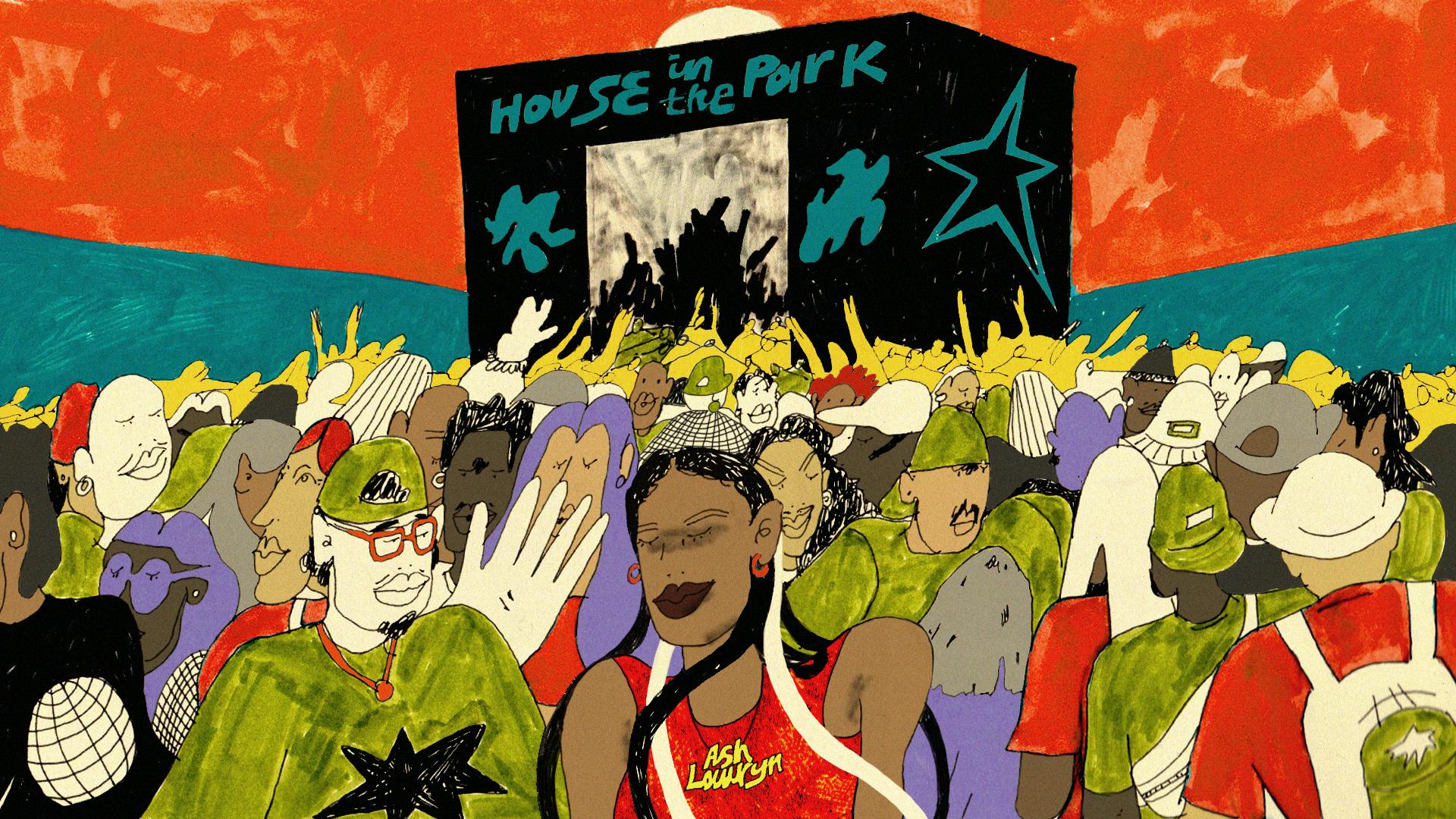If you listened to one of Ash Lauryn’s mixes without any context, you might think it was a recording of a house set from 30 years ago. The Detroit native and Atlanta-based artist’s sonic palette pays tribute to the history of the genre – think classics by Roy Ayers, Larry Heard and Norm Talley – while weaving in sounds from a new generation of Black artists. “Black music is what resonates most with my soul,” says Ash. “And I think it’s important that this music be embraced and played as much as possible.”
In 2017, she created her blog, Underground & Black, as a way to further preserve the Black origins of dance music. It’s a treasure trove for anyone wanting to dig into the roots of electronic music: you’ll find references to Detroit’s first techno club, and more formative cornerstones interspersed with Ash’s personal reflections and honest takes on the state of modern dance music.
Even though the blog has been relatively quiet over the last few years, Ash has expanded its central tenet into a party series and monthly NTS show of the same name. Here, exclusively for DICE, she shares the places, people and sounds that have shaped her understanding of dance music.


